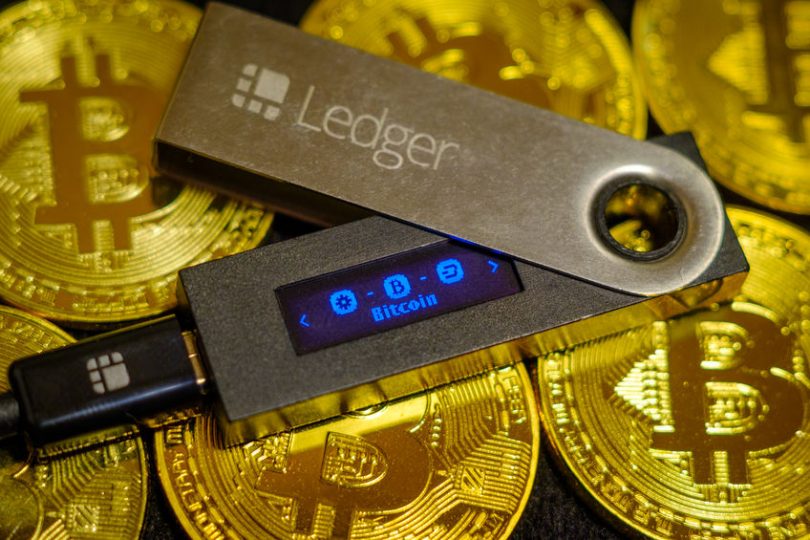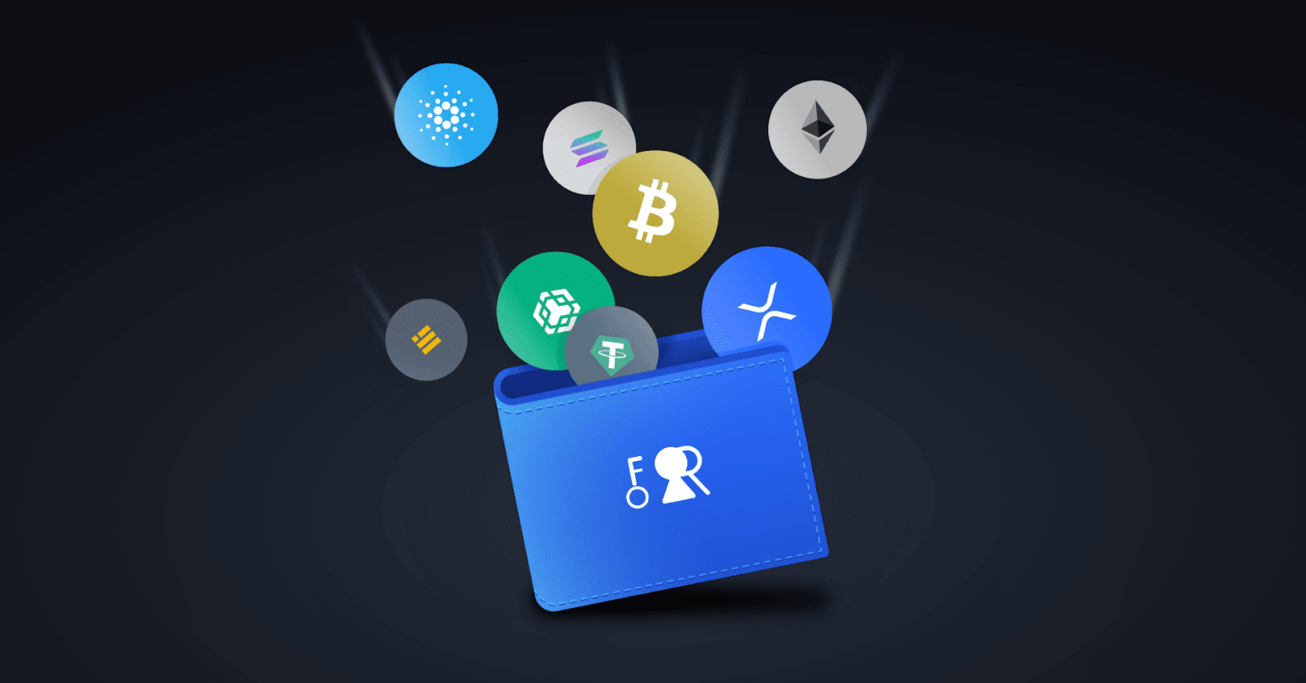Cryptocurrencies have revolutionized the financial world, and as the adoption of digital currencies increases, the need for secure and efficient storage solutions becomes more important. A Ledger Live wallet is an essential tool for anyone looking to engage in the world of cryptocurrencies. In this article, we will dive into what a crypto wallet is, the different types available, and how they work.
What is a Crypto Wallet?
A crypto wallet is a software application or hardware device that allows users to store, manage, and transfer their digital assets such as Bitcoin, Ethereum, and other cryptocurrencies. Unlike traditional wallets that store physical currency, crypto wallets store digital keys—both public and private—that allow users to access and manage their cryptocurrency holdings.
- Public key: This is similar to an account number in traditional banking. It is used to receive cryptocurrency from others.
- Private key: This acts as a password or PIN that grants access to the cryptocurrency stored in the wallet. It is extremely important to keep the private key secure and never share it, as anyone with access to the private key can control the associated funds.
Types of Crypto Wallets
There are two primary types of crypto wallets: hot wallets and cold wallets. Both serve the same purpose of storing cryptocurrencies, but they differ in terms of accessibility and security.
1. Hot Wallets
Hot wallets are connected to the internet, making them convenient for quick access and frequent transactions. These wallets are often used by traders and users who need to move their crypto assets quickly.
Examples of Hot Wallets:
- Mobile wallets: Apps installed on smartphones, such as Trust Wallet and MetaMask, offer ease of use for cryptocurrency transactions on the go.
- Web wallets: These are browser-based wallets that allow users to access their funds from any internet-enabled device. Examples include Coinbase Wallet and Blockchain Wallet.
- Desktop wallets: Software applications installed on computers like Exodus or Electrum.
Pros:
- Fast and easy access to funds.
- Suitable for frequent transactions or trading.
Cons:
- Prone to hacking risks since they are always online.
- Vulnerable to malware or phishing attacks.
2. Cold Wallets
Cold wallets, in contrast, are offline storage solutions that are highly secure. They are designed for users who prioritize the safety of their funds and are not concerned with frequent access.
Examples of Cold Wallets:
- Hardware wallets: Physical devices such as Ledger and Trezor that store private keys offline, making them immune to online hacking attempts.
- Paper wallets: A physical printout of the private and public keys, which can be stored in a safe place.
Pros:
- Higher security due to offline storage.
- Ideal for long-term holding or “HODLing.”
Cons:
- Not as convenient for frequent transactions.
- Risk of loss if the wallet or paper is damaged or misplaced.
How Crypto Wallets Work
Crypto wallets work by generating and storing a pair of cryptographic keys that control access to your digital assets. Here’s a breakdown of the process:
- Creating a Wallet: To start using a crypto wallet, you need to create an account or set up a device. The wallet generates a public-private key pair. The public key is like an address to which others can send you cryptocurrency, and the private key is used to sign off on any transactions you make.
- Storing Cryptocurrency: Once the wallet is set up, you can receive cryptocurrency by providing your public address to others. For example, to receive Bitcoin, you would share your Bitcoin address, which is derived from your public key.
- Sending Cryptocurrency: When you want to send cryptocurrency, the wallet uses your private key to authorize the transaction. This process involves digitally signing the transaction, ensuring that only you can authorize the transfer of your funds.
- Backup and Recovery: Most crypto wallets offer a backup phrase (recovery seed) during setup. This phrase can be used to restore access to the wallet if it is lost or the device is damaged. It is crucial to store this phrase securely.
Choosing the Right Crypto Wallet
Selecting the right wallet depends on your needs and how you plan to use your cryptocurrency. For everyday use and small amounts of crypto, a hot wallet might be sufficient. However, for long-term storage or larger holdings, a cold wallet is a safer option.



